|
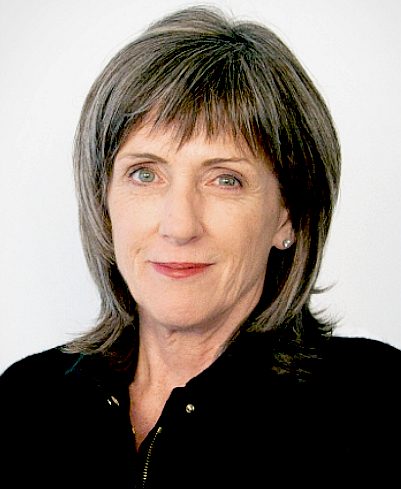
Carol Martha Browner
was born on December the 16th, 1955. She is an American lawyer, environmentalist, and businesswoman, who served as director of the White House Office of Energy and Climate Change Policy in the
Obama administration from 2009 to 2011.
Carol previously served as Administrator of the Environmental Protection Agency (EPA) during the
Clinton administration from 1993 to 2001.
Carol grew up in Florida and graduated from the University of Florida and the University of Florida College of Law. After working for the Florida House of Representatives, she was employed by Citizen Action in Washington, D.C. She became a legislative assistant for Senators Lawton Chiles and
Al
Gore. Browner then headed the Florida Department of Environmental Regulation from 1991 to 1993, where she turned it into one of the most active departments in the state government.
She was the longest-serving administrator in the history of the EPA, staying through both terms of the Clinton presidency. During her tenure, she reorganized the agency's enforcement structure and oversaw two new programs designed to create flexible partnerships with industry as an alternative to traditional regulation. She started a successful program to deal with contaminated lands in urban areas. She took the lead within the administration in defending existing environmental laws and budgets, and was the driving force behind a stringent tightening of
air quality standards that led to a prolonged political and legal battle.
Afterward, Carol
Browner became a founding member of the Albright Group and Albright Capital Management during the 2000s (decade). She also served on a number of boards of directors and committees dealing with environmental issues. Her director role in the
Obama administration was sometimes informally referred to as the "Energy Czar" or "Climate Czar". Her efforts towards getting comprehensive
climate and energy legislation passed in Congress came to no avail, but she assumed a prominent role in the federal government's response to the BP Deepwater Horizon oil spill during 2010. She left her position in 2011 and the job itself was abolished shortly thereafter. Following that she rejoined the Albright Stonebridge Group, continued being active in several boards of environmental organizations, and became an advocate for
nuclear energy in response to the dangers of
global warming.
But then, nobody is perfect.
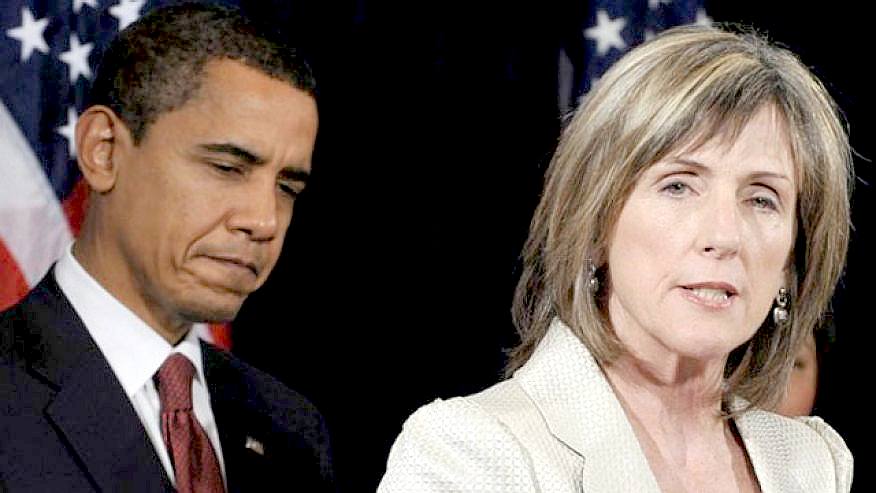
THE GUARDIAN JAN 2011 - The White House energy and climate adviser is due to step down in the next few weeks, in a departure seen as the collapse of Barack Obama's ambitious green agenda.
Officials told reporters on Monday night that Carol Browner, who had served as the first White House energy and climate change "tsar", would be leaving and that she may not be replaced.
Reports of Browner's exit – barely 24 hours before Obama was to set out his priorities for the coming year in his state of the union address – reinforced concerns expressed by environmental groups that he was preparing further compromises on his once-ambitious green agenda to try to build a working arrangement with Republicans.
DIRECTOR
ENERGY AND CLIMATE CHANGE POLICY On December 15, 2008, President-elect Barack Obama named Browner as Assistant to the President for Energy and Climate Change. Officially known as the Director of the White House Office of Energy and Climate Change Policy, she acted as a coordinator for environmental, energy, climate, transport and related matters for the federal government. Her position was sometimes informally described as the "Energy Czar" or the "Climate Czar". It did not require Senate confirmation. Her participation on the Commission for a Sustainable World Society drew criticism from some Republican members of Congress, but the Obama transition team said there was nothing wrong with it. In any case, her power and influence relied primarily on persuasion: "I don't have any independent policymaking authority. It's not like when I was at EPA and I could depend on regulation." Browner's deputy assistant was Heather Zichal, a former legislative director for Senator John Kerry.
The early months of the Obama administration found her working well with the Cabinet members. She was a key negotiator between the administration and automakers in formulating the new United States emission standards in May 2009, and also was a member of the Presidential Task Force on the Auto Industry that bailed out American automakers. She successfully urged incorporation of tens of billions of dollars for renewable
energy programs into the American Recovery and Reinvestment Act of 2009. She was a central player in negotiation with Congress of the United States Carbon Cap and Trade Program, seemingly more so than U.S. Energy Secretary Steven Chu, and continued to stress its importance despite the Obama health care plan being the top legislative priority overall. Environmentalists viewed her as a critical liaison to the White House. By September 2009, Republican members of Congress expressed concern that her access to the president had usurped power from other agencies. She also became a brief target of fervent anti-"czar"
radio and
television commentator Glenn Beck, following the Van Jones resignation.
In October 2009, Browner conceded that congressional passage of the cap-and-trade legislation before the end of year was unlikely, and feared its absence would harm prospects for meaningful international agreement at the Copenhagen
United Nations Climate Change Conference in December. By the next month, she moderated her concern, but expressed opposition to any congressional "slicing and dicing" that would separate energy and climate concerns. Attempts to pass any kind of climate legislation collapsed in July 2010 due to lack of enough votes in the Senate; Browner appeared on behalf of the administration and said, "Obviously, everyone is disappointed that we do not yet have an agreement on comprehensive legislation."
In 2010, Browner became a key part of the administration team handling, and one of the more visible administration figures in issuing public comments about, the
BP
Deepwater Horizon oil spill in the Gulf of Mexico. In late May 2010 she assessed the spill as "probably the biggest environmental disaster we have ever faced in this country" and said that the administration was "prepared for the worst". She added that "I think what the American people need to know that it is possible we will have oil leaking from this well until August, when the relief wells will be finished." Mike Allen of Politico later wrote that "[Browner's] calm, authoritative television presence during the BP oil disaster made her one of the few officials whose stature was enhanced in the aftermath of the Gulf catastrophe." 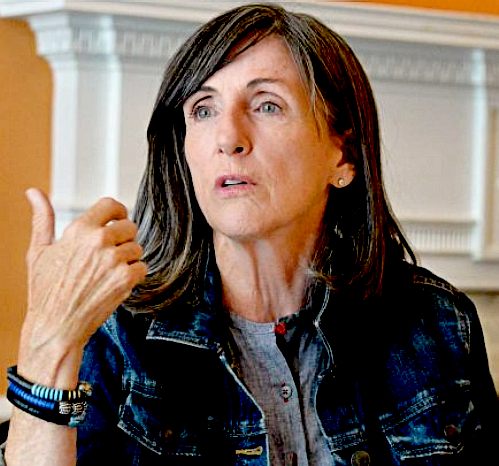
WASHINGTON, D.C. (April 22, 2014) – Nuclear Matters today announced that Carol M. Browner, former Environmental Protection Agency (EPA) Administrator and former Director of the White House Office of Energy and Climate Change Policy, is lending her support to the bipartisan campaign to preserve America’s existing nuclear plants because of the many benefits they provide, in particular for their role in helping to address climate change by producing carbon-free electricity.
US existing nuclear energy plants produce virtually no carbon dioxide or air pollution at the expense of long term radiation pollution. They provide about 20% of America’s energy supply, and account for 64% of the country’s emission-free generation. In fact, our existing nuclear energy plants produce more clean air energy than all other sources combined. To put this in perspective, existing nuclear power plants prevented 569 million metric tons of carbon dioxide emissions in 2012, equal to CO2 emissions from 110 million automobiles. Those same plants also prevented 1 million short tons of sulfur dioxide (which contributes to acid rain) and a half-million short tons of nitrogen oxide (which causes urban smog). Given the poor investment in renewable energy, it is hardly
surprising that some campaigners have decided the long-term risks are acceptable in return for
short-term carbon free energy, but that is really cutting off one's nose to spite one's face, when you consider that it only takes one seismic event or one terrorist attack, and it's another Chernobyl.
That is another thing that we like about Carol, she is not a quitter, even
when her path strays from the straight and narrow - and maybe her courageous
career drive will do a lot more good in the long run. The best is yet to
come. With Republicans taking over the House of Representatives following the 2010 midterm elections, chances of
climate and energy legislation passing that embodied Browner's and the administration's goals were essentially nil, and Obama conceded as much. As the Obama administration neared its two-year mark and a number of personnel changes were underway, there was a possibility that Browner might be named to another position with broader responsibilities, such as White House Deputy Chief of Staff. But that did not come to pass.
Instead, in late January 2011, White House officials disclosed that Browner would be leaving her position in the fairly near
future. Browner said of her unexpected decision, "[there's] no back story – it was just time to go" and that she felt "honored to have a second ... chance to serve." League of Conservation Voters president Gene Karpinski characterized Browner as a "tenacious advocate on our issues" who would be "sorely missed", while a member of the law and energy industry lobbying firm Bracewell & Giuliani said Browner's exit was a good development and that "Her departure may be part of a legitimate effort to pay careful attention to addressing some of the real regulatory obstacles in the way of job creation in the United States." Browner left the White House during March 2011. Her general responsibilities were taken over by her second-in-command, Heather Zichal, from a position within the U.S. Domestic Policy Council.
In late February 2011, while Browner was still in place, the House voted to eliminate the Director of the Office of Energy and Climate Change Policy position altogether. While the move was part of an overall effort to get rid of Obama's "czars", Browner was a particular focus of it. Representative Steve Scalise, who led the effort, said of Browner, "Let her leave, and take the funding,
too." In the mid-April 2011 federal spending agreement that averted a possible government shutdown, funding for the position was indeed eliminated (as were three other "czar" roles, most of which were similarly vacant). Obama issued a signing statement protesting the move and saying he would not abide by it, but the point was largely moot as the positions in question, including the Browner one, had already been moved inside the Domestic Policy Council. 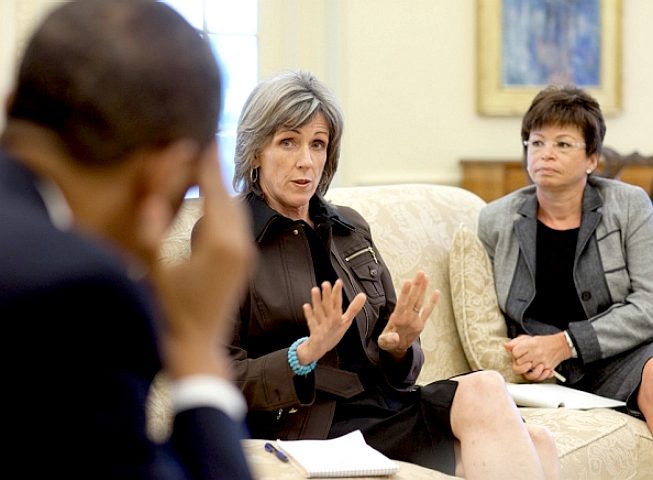
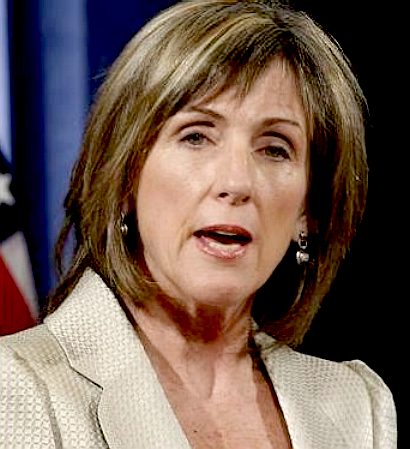
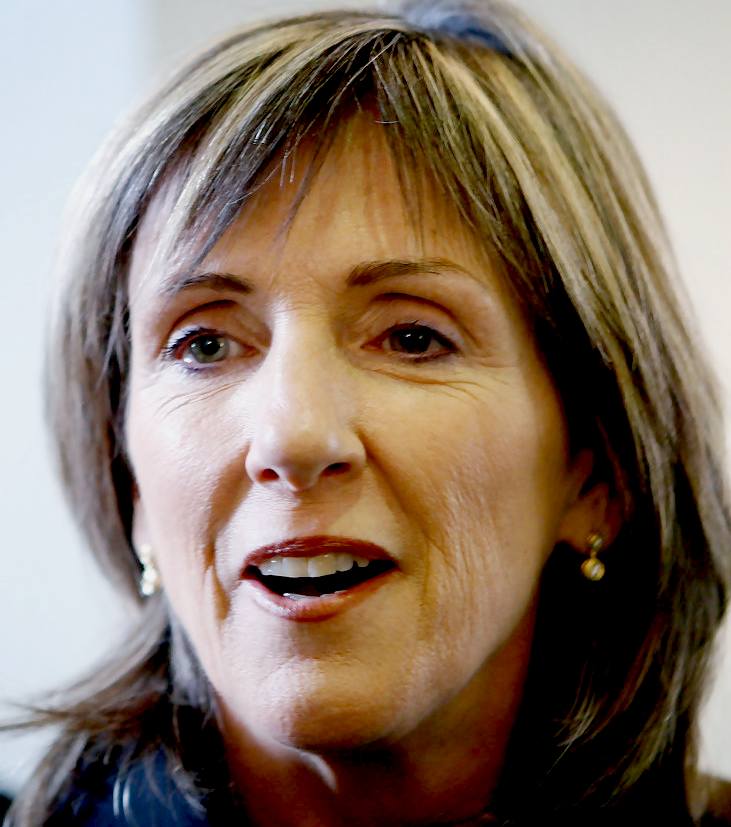
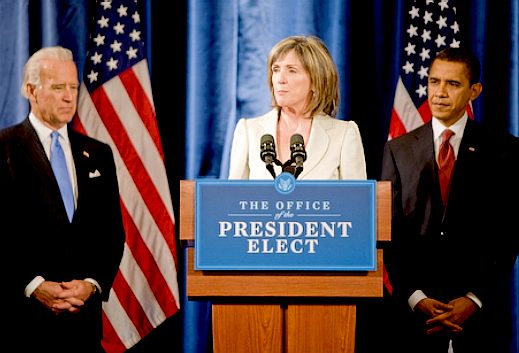
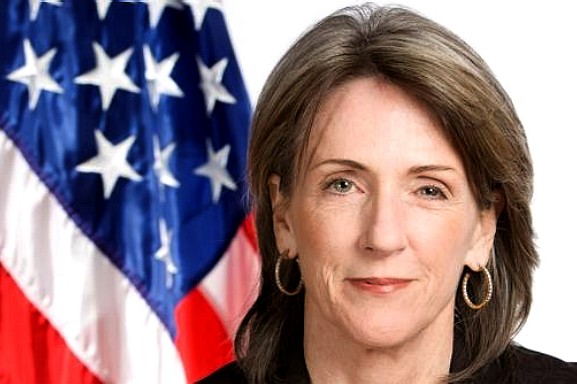
COCA COLA INTERVIEW DECEMBER 2014
Leaders from more than 190 nations are in Lima, Peru for COP20, the UN's annual climate conference. Their collective remit during the two-week session: to galvanize a global movement toward a long-awaited treaty to limit greenhouse gas emissions and curb the long-term effects of climate change.
Coca Cola
spoke with Carol Browner, former director of the White House Office of Energy and Climate Change Policy and administrator of the Environmental Protection Agency (EPA), about recent progress made to address the issue, and to get her thoughts on steps government, business and average citizens can take to continue this
momentum. This is what Carol is quoted as saying by way of the question is
bold type :-
How has the global climate change conversation evolved over the last few years?
I think the recent joint announcement from China and the U.S. to reduce greenhouse gas emissions signaled a tremendous shift. What we’re seeing is a significant developed country and a significant developing country stepping up together and saying “this problem is real and we all need to be doing something about it.”
How has social media impacted the debate? Has technology fueled actionable solutions?
The good news about social media is that it helps us understand that there are cost-effective, common-sense solutions to climate change, and that progress is possible. And also that companies like Coke are leading the way and taking steps to reduce their emissions while continuing to meet their customers’ needs and business demands.
On the flip side, has social medial perpetuated the spread of misinformation?
Sadly, yes. There is a lot of misinformation about the science behind climate change, and that’s not helpful in terms of having a conversation about how we all can work together to address the problem. The good news is we’re continuing to see progress because of leadership from President Obama, the business community, and more and more Americans who are saying, “We get that something’s happening. We see it in our backyards, in our parks and in our communities, and we want to be part of the solution.”
Can you cite recent milestones or wins in the energy and climate space?
A really big win is the work the Obama administration did with the environmental NGO community, the State of California and the auto companies. If you buy a car today, a tank of gas will go further than ever before. And that means consumer savings. As cars get more and more efficient, ultimately we’ll have an average fuel economy of 54.5 miles per gallon. That’s good news for the environment and for the consumer.
Is that the sweet spot? Finding solutions that simultaneously relate to consumers – and their wallets – and benefit the planet?
It always has been, yes. We need more solutions that are cost effective and fit into people’s complicated lives – and that take advantage of American innovation and ingenuity by bringing forward new technologies. American businesses, and global businesses, have great ideas on how to solve this challenge. And the government is creating opportunity to bring those solutions forward in ways the public can really embrace.
Where are we compared to, say, where we were this time last year on the issue?
We’ve had a lot of great discussion over the last several years, but under this president we’re seeing concrete action. President Obama laid out a plan, and he has been implementing that plan. What that means is we can see a positive trend line in measured reductions in greenhouse gas emissions. It started with working with the auto industry to ensure cars and trucks are more fuel efficient, and with manufacturers to make the appliances we use more efficient. Now the government is looking at power plants to ensure they’re cleaner and not releasing dangerous pollutants.
Climate change is a divisive issue. What, in your opinion, are the most common misconceptions surrounding it?
The first is that there is not enough science supporting the reality of climate change. The fact is we have more science on climate change than we’ve ever had on an environmental issue. The data is clear: We have a problem and need to take action.
The second misconception is that somehow the steps we are taking will wreck the economy and disrupt our lives. These solutions will actually create opportunities that will create jobs and save companies and families money.
What have Millennials added to the climate conversation?
Millennials are great because they’re so open to new solutions and new technologies. One good example is that most Americans, historically, haven’t thought much about our monthly electric bills. Millennials are using apps to control their thermostat from their smartphones and, thankfully, other generations are following their lead. Now, if I forget to turn down my thermostat before leaving town, I simply pick up my phone. It’s a cool, easy-to-use technology that reduces pollutants and puts money back in your pocket. As cars, appliances and more continue to get “smarter,” these technologies are making it easier for us to be better consumers of energy.
Studies show that women, especially in the developing world, are often on the front lines of, and suffer disproportionately from, the impacts of
climate change. What steps must be taken to protect them?
It’s true that women and children suffer more from exposure to pollution for a variety of reasons. We must work with women to educate them and to find solutions that keep their children and communities healthy, such as adopting clean cook stoves. Coca-Cola sets a good example, I think, of working with women to develop programs that help reduce pollution while also ensuring a better quality of life.
What roles do business, government and civil society play in combating climate change, and how can they work together to drive progress?
It takes everyone at the table. We get the best answers when we work together. What government can do is look at the science and set standards to give businesses the flexibility to meet those standards in a cost-effective manner and engage communities in helping to design solutions. As I mentioned earlier, a great recent example is the work
President Obama did with the car companies, environmental NGOs and the State of California.
Today’s consumers are more environmentally conscious than ever before, and are voting with their wallets. Are brands doing a good job of responding to this sentiment?
We’re seeing more and more companies embrace climate-friendly policies, from evaluating their own energy use, to thinking about the materials they use, to exploring how they transport and distribute their products. Waste is waste and pollution is waste, so every time a company can figure out how to reduce pollution, they’re saving money.
What steps can the average citizen take every day to make a difference?
It starts with awareness. The most important thing is to become informed – to take the time to understand the facts about climate change and what they mean for community – and to become engaged in the process to develop and advance solutions. You can think carefully about the products you buy, and how you use energy. No one is saying you shouldn’t live a comfortable life, but being informed and engaged is part of our responsibility.
THE
GLOBAL OCEAN COMMISSIONERS
|

|

|

|

|

|

|

|
|
Carol
Browner |
Victor
Chu |
Obiageli Ezekwesili |
Luiz
Furlan |
Vladimir
Golitsyn |
Robert
Hill |
Yoriko
Kawaguchi |
|
. |
. |
. |
. |
. |
. |
. |
|

|

|

|

|

|

|

|
|
Pascal
Lamy |
Paul
Martin |
Sri
Mulyani Indrawati |
Cristina
Narbona |
Ratan
Tata |
Foua
Toloa |
Andrés
Velasco |
GOC
OBJECTIVES The objective of the Global Ocean Commission is to address
the issues herein by formulating ‘politically and technically feasible
short, medium, and long-term recommendations. The work of the Commission thus focuses on four key tasks:
1. To examine key threats, challenges, and changes to the ocean in the 21st century, and identify priority issues. The Commission will utilise both scientific and economic evidence, drawing on existing reports from world experts, as well as commencing original research in partnership with other organisations.
2. To review the effectiveness of the existing legal framework for the high seas in meeting these challenges. According to the Commission, this means a special focus on the effectiveness of regional fisheries management organisations, particularly with respect to their accountability, transparency, and performance. It also means reviewing the governance gap on biodiversity conservation and analysing options for combatting IUU
fishing. The Commission will also assess the suitability of the existing legal regime for regulating emerging uses of the global ocean.
3. To engage with interested parties around the world, as well as the general public. The Commission will connect with fishers, military and merchant navies, recreational sailors, seafood companies, conservation groups and the emergent seabed mining business. The Commission also aims to raise understanding among policymakers, economists and other groups, including the general public, of the implications should high seas issues not be reformed.
4. To make recommendations regarding ‘cost-effective, pragmatic and politically feasible reforms of high seas governance, management and enforcement.’ While the threat analysis will take account of external issues such as climate change, recommendations will focus on reforms that can be achieved by evolving high seas governance. Some may concern the fundamental legal framework under which the global ocean is governed, whereas others may focus on improving the effectiveness of existing mechanisms.

The Global Ocean Commission
Somerville College
Woodstock Road
Oxford, OX2 6HD
Tel: UK+44 (0) 1865 280747
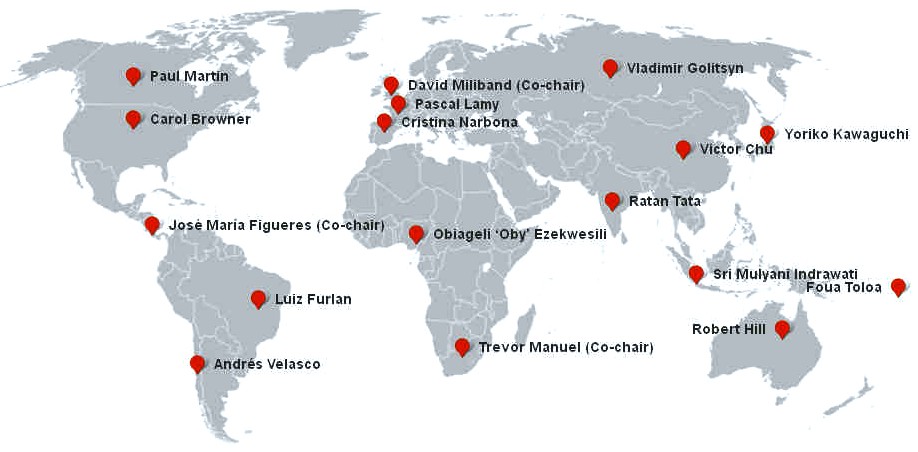
GLOBAL
OCEAN COMMISSIONERS
- A map of the world showing the location of the GOC's commissioners.
GLOBAL
OCEAN COMMISSIONERS - CO-CHAIRS
|
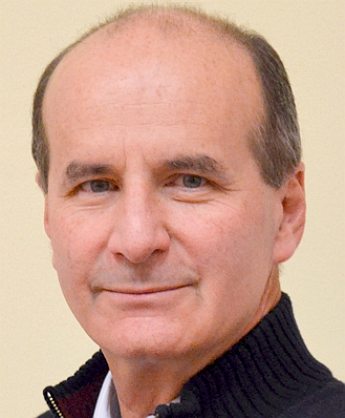
|
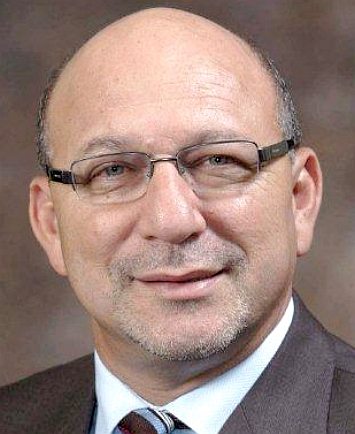
|
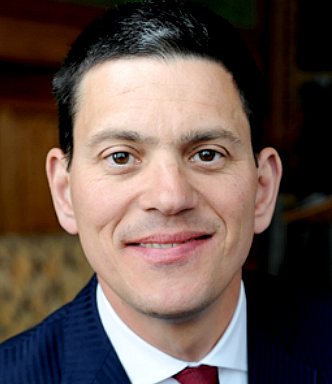
|
|
José María Figueres |
Trevor Manuel |
David
Miliband |
GOC's
SECRETARIAT
|

|

|

|

|

|

|
|
Simon
Reddy |
Rémi Parmentier |
Clare
Brennan |
Kristian Teleki |
Inés de Águeda |
Sarah Gardner |
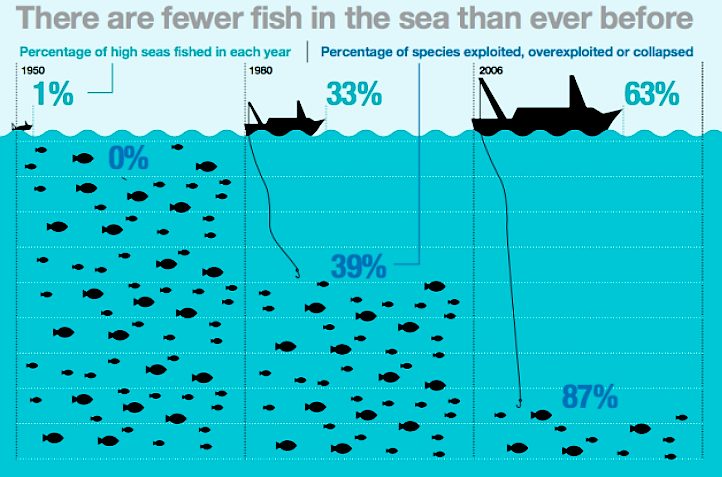
RICH COUNTRIES PAY ZOMBIES $5 BILLION A YEAR IN SUBSIDIES TO PLUNDER THE OCEANS
- If industrial fleets weren’t subsidized, they’d go out of business. Small-scale fisheries that don’t need enormous amounts of fuel to catch huge hauls of
fish - i.e. the ones using sustainable fishing practices - would then in theory thrive. Many of these fishermen are in poor countries whose governments can’t afford to compete in the industrial looting.
Worse, there’s a double-whammy zombie effect going on in the fishing context. Government subsidies to highly destructive industrial fleets don’t just deprive small-scale fishermen of finite taxpayer dollars and edge them out of the market with cheap prices; they also rob them of current and long-term fishing stocks. 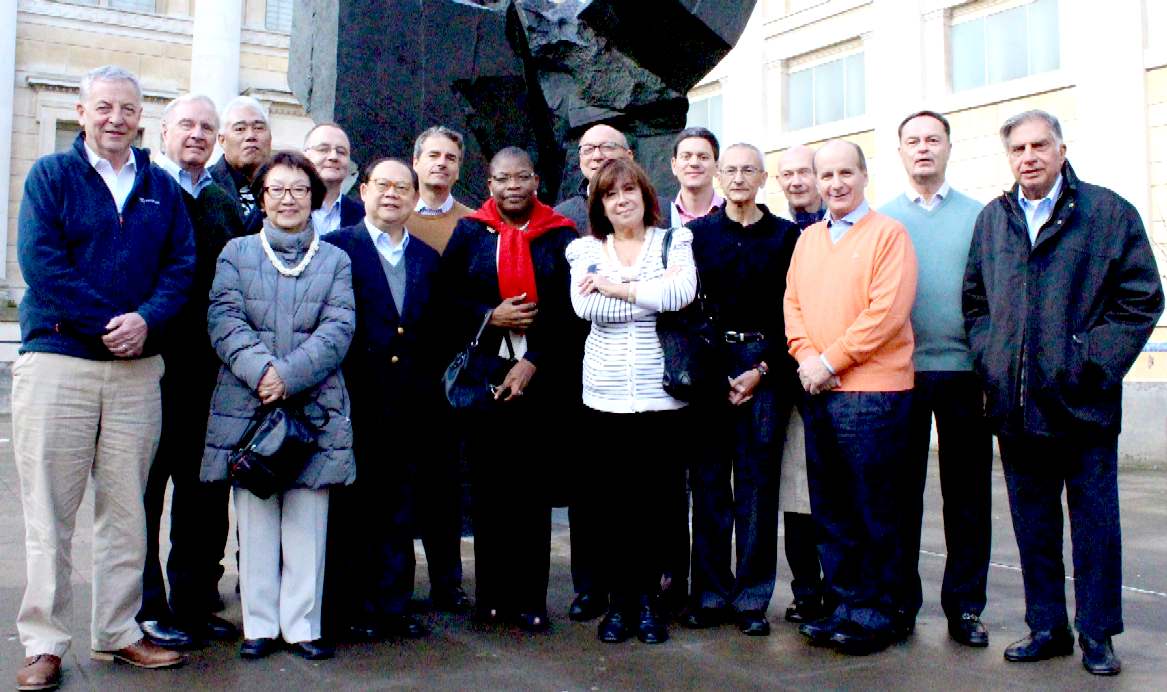
The Global Ocean Commission at its meeting in Oxford, 21st-23rd November 2013 (left to right) Robert Hill, Paul Martin, Foua
Toloa, Yoriko Kawaguchi, Simon Reddy (Executive Secretary), Victor
Chu, Andrés Velasco, Obiageli
Ezekwesili, Trevor Manuel (Co-chair), Cristina Narbona, David Miliband (Co-chair), John
Podesta, Pascal Lamy, José María Figueres (Co-chair), Vladimir Golitsyn, Ratan
Tata. 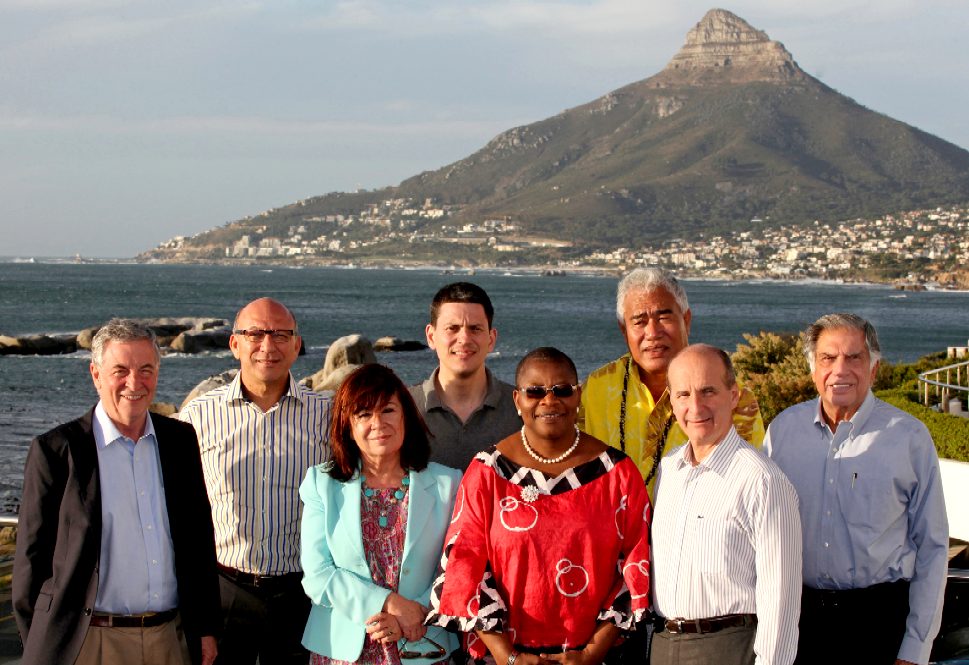
Members of the Global Ocean Commission at their inaugural meeting in Cape
Town, South Africa. Left to right: Robert Hill, Trevor Manuel (Co-chair), Cristina
Narbona, David Miliband (Co-chair), Obiageli Ezekwesili, Foua Toloa, José María Figueres
(Co-chair), Sir Ratan
Tata.
LINKS
& REFERENCE
The
Guardian 2011 January Carol Browner Obama climate advisor departs white
house
Zimbio
Carol Browner
http://www.timesunion.com/business/article/Nuclear-option-to-climate-change-5744557.php
Nuclear
Matters blog Carol M Browner longest-serving-epa-administrator-joins-nuclear-matters
Wikipedia
Carol_Browner
Global
Ocean Commission
National
Geographic news 2014 June
Global-ocean-commission-report-high-seas-fishing-environment
http://www.globaloceancommission.org/the-commissioners/carol-browner/
http://en.wikipedia.org/wiki/European_Commissioner_for_Maritime_Affairs_and_Fisheries
http://www.virgin.com/unite/leadership-and-advocacy/introducing-global-ocean-commission
http://www.scienceifl.com/ocean-plastic-pollution.htm
http://abcnews.go.com/US/wireStory/prince-charles-speaks-dangers-plastic-waste-oceans-29736519
http://www.globaloceancommission.org/
http://time.com/3750375/environment-prince-charles-oceans/
http://news.nationalgeographic.com/2015/03/150318-prince-charles-oceans-trash-plastic-britain/
http://en.wikipedia.org/wiki/Global_Ocean_Commission
http://www.itv.com/news/2015-03-18/prince-charles-makes-impassioned-plea-for-oceans-clean-up/
http://en.wikipedia.org/wiki/Carol_Browner
http://www.theguardian.com/world/2011/jan/25/carol-browner-obama-climate-advisor-departs-white-house
http://www.zimbio.com/Carol+Browner
http://www.timesunion.com/business/article/Nuclear-option-to-climate-change-5744557.php
ACID
OCEANS - ARCTIC
- ATLANTIC - BALTIC
- BERING
- CARIBBEAN - CORAL - EAST
CHINA - ENGLISH CH
GULF
MEXICO
- GOC - INDIAN
- MEDITERRANEAN -
NORTH SEA - PACIFIC
- PERSIAN GULF - SEA
JAPAN - STH
CHINA
PLANKTON
- PLASTIC
- PLASTIC
OCEANS - UNCLOS
- UNEP
- WWF
|




































